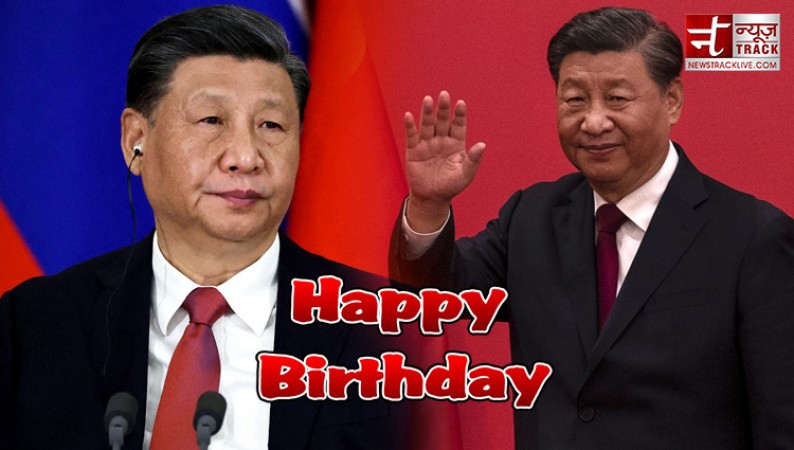
On June 15, the world celebrates the birthday of Xi Jinping, the paramount leader of the People's Republic of China. As the General Secretary of the Communist Party of China (CPC) and the President of the People's Republic of China, Xi Jinping has emerged as a significant figure on the global stage, leaving an indelible mark on China's political landscape. This article delves into the life and accomplishments of Xi Jinping, highlighting his leadership style and key policies that have shaped China's direction under his tenure.
Xi Jinping was born on June 15, 1953, in Beijing, China. His father, Xi Zhongxun, was a prominent revolutionary and politician, serving as one of the founding members of the Communist Party of China. This familial connection to the Party provided Xi Jinping with a solid foundation in political ideology from an early age. During the tumultuous years of the Cultural Revolution, Xi's family faced significant challenges and hardships, including forced relocation and separation.
Xi Jinping received his higher education at Tsinghua University, where he pursued a degree in chemical engineering. During this time, he became politically active and joined the Communist Party in 1974. Xi's passion for politics and his dedication to the Party paved the way for his ascent through the ranks of the CPC.
Xi Jinping's political career began in rural China, where he served in various local government positions. His early experiences working with rural communities and his commitment to poverty alleviation shaped his perspective on governance and informed his later policies focused on poverty eradication. Xi's leadership abilities were quickly recognized, and he rose through the ranks, holding key positions in Fujian and Zhejiang provinces.
In 2007, Xi Jinping became a member of the Standing Committee of the Politburo, the highest decision-making body in China. This marked a pivotal moment in his political career, setting the stage for his future leadership of the country. In 2012, Xi was appointed General Secretary of the Communist Party of China, assuming the position of paramount leader and succeeding Hu Jintao. The following year, Xi became the President of the People's Republic of China, consolidating his power and signaling a new era in Chinese politics.
Xi Jinping's leadership style has been characterized by a combination of firmness and pragmatism. He has emphasized the importance of maintaining the unity and stability of the Communist Party while advocating for a strong and prosperous China. Xi's policies have focused on several key areas, including economic reform, anti-corruption efforts, poverty alleviation, and asserting China's influence on the global stage.
Under Xi's leadership, China has pursued an ambitious economic agenda, prioritizing innovation, technological advancement, and the development of strategic industries. The Belt and Road Initiative (BRI), launched in 2013, aims to enhance connectivity and promote economic cooperation between China and countries across Asia, Europe, and Africa. This massive infrastructure project has significant geopolitical implications, bolstering China's global influence.
Xi Jinping has also spearheaded an extensive anti-corruption campaign, targeting both high-ranking officials and lower-level bureaucrats. This campaign, known as the "tigers and flies" approach, has aimed to root out corruption at all levels of government, restoring public trust in the Party and the government.
Furthermore, Xi's commitment to poverty alleviation has been a central focus of his presidency. China has made remarkable progress in reducing poverty, lifting millions of people out of extreme poverty. Xi's vision of achieving a moderately prosperous society has been a driving force behind policies aimed at improving livelihoods, promoting rural development, and bridging the wealth gap and more.